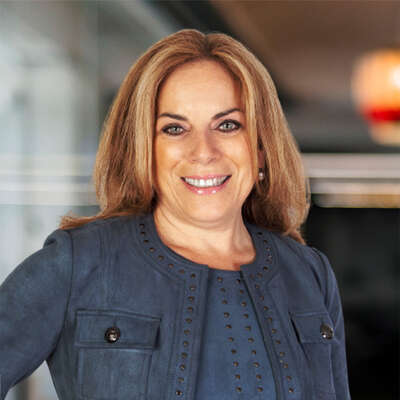Case Study
A New CEO for a New Chapter
A non-profit addressing food insecurity selected a new CEO experienced in change management to navigate post-pandemic challenges.
The Client
The client is a non-profit organization, founded in 1981 with a mission to “bridge the gap between waste and want”. Since those early days, the organization has grown into a recognized leader in addressing food insecurity whose efficiency and integrity serve as an example to other like-minded organizations, both large and small. Today the organization partners with over 100 organizations to bring nutritious food to 150,000 people in Eastern Massachusetts (USA) each year.
The Challenge
During the pandemic the region faced a significant increase in adults and families experiencing food insecurity. In response, organization created new programs, increased staffing responsibilities for all team members and quickly pivoted processes to address this high demand. Increased pressure was put on the entire staff, including the management team. The organizations’ CEO had been in place for more than ten years and was hired when the program and demand was much smaller. Post-pandemic, the organization needed to implement new strategies for culture, program evaluation, fiscal management and philanthropy. It became clear that they needed a new and different leader at the helm. The next CEO needed to be a people-centered leader who would navigate the organization through a new strategic plan. The incoming CEO needed to be an experienced change agent, driven by mission and values.
The Solution
Boyden expanded our Intake phase to engage input from staff, board members and community partners including elected officials and corporate funders. During our conversations, we identified key priorities for the next CEO including:
- Create a healthy and positive internal culture
- Create KPI’s for programs and personnel
- Create process for evaluating programs, growing programs, sunsetting programs
- Develop sustainable philanthropy program
- Create DEIJB trainings for staff and board
- Sustain and enhance partnerships with funders, government, and corporate partners
- Implement Strategic Plan
We created a multi-prong research strategy: we engaged seasoned non-profit leaders with experience in change management and also sought after leaders in hunger-related industries, both in the private and non-profit sector. Utilizing the mission and key priorities, we assessed candidates on their ability to transform organizations into a new chapter of their growth.
The Results
As a result of our efforts, we presented six candidates, five of whom had led non-profit organizations and one who worked in the food industry. The selected candidate has worked in both the non-profit and government sectors, engaging with missions focusing on basic needs including food insecurity, domestic abuse, housing and workforce development. Their most recent post included success taking an organization from the point of closing to advancing revenue and partnerships. The incumbent also had lived experience with food insecurity and a commitment to the organizations mission.





